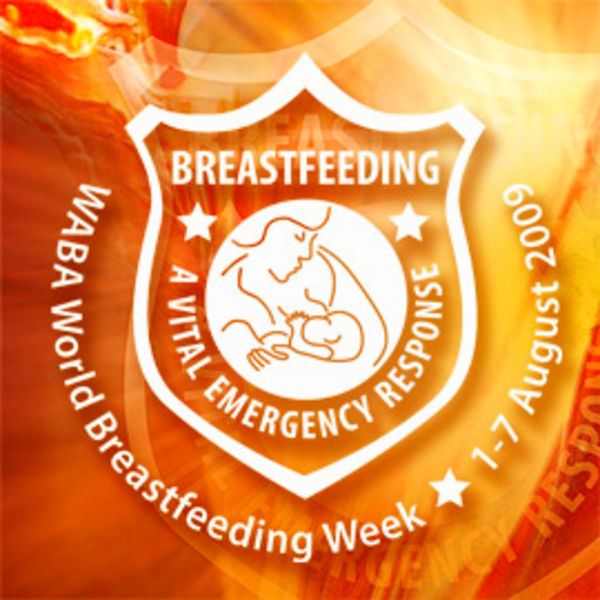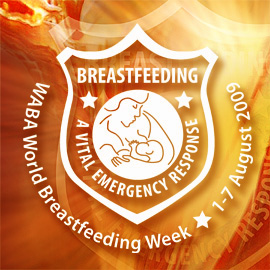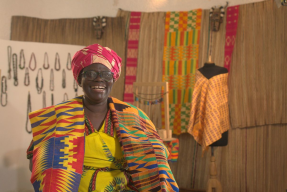Breastfeeding and Social Responsibility in Microfinance
August 4, 2009
By Susan Arthur, KF8 (Kiva Fellow 8th Class) in Nicaragua
This week marks World Breastfeeding Week prompting me to contemplate how microfinance and breastfeeding play important roles in alleviating poverty.
More than 80% of Kiva entrepreneurs are women, many of whom are mothers with home-based businesses where they can easily satisfy their baby’s hunger and provide for their optimal growth by breastfeeding. Indeed, on a few occasions, Kiva field partners have posted profile photos on Kiva’s site of borrowers nursing their babies.
Could breastfeeding rates serve as a tool to assess social performance in microfinance? What if Kiva were to encourage its microfinance partners to include breastfeeding initiation and duration rates in their social performance and responsibility assessments?
Breastfeeding is a matter of food and health. UNICEF says that optimal breastfeeding in the first two years of life, especially exclusive breastfeeding for the first six months of life, can have the single largest impact on child survival of all preventative interventions, with the potential to prevent 12% to 15% of all deaths to children under the age of 5 in the developing world.
The World Health Organization says that the aim should be to create and sustain an environment that encourages frequent breastfeeding for children up to two years of age or beyond.
In many areas of the world and in emergency situations, children and families often have to live without adequate safe water and sanitation which increases their risk of infections. Breast milk offers immune support against some infections. In areas where clean water is lacking, the use of powdered milks and powdered formulas can increase the risk of illnesses such as diarrhea, a leading cause of morbidity and mortality in newborns.
Last November, an Ethiopian microfinance institution (MFI), Buusaa Gonofaa, won the 2nd European Microfinance Award 2008 for “Socially Responsible Microfinance.” Hosted by the European Microfinance Platform, the award honored the MFI for developing a poverty scorecard or “social ledger” to determine the needs of its customers (80% of whom are women) and evaluate changes in their social well-being.
The 2008 award, which included EUROS 100,000 in prize money, spotlighted initiatives that “do good” by putting an MFI’s social mission into practice, ensuring a positive economic and social impact on clients and their families. Buusaa Gonofaa loan officers use the social ledger to interview clients on 20 indicators that fall into five categories: housing condition, household assets, business growth, food security and children’s education.
From the initial intake Buusaa Gonofaa loan officers obtain baseline data to accurately measure community poverty levels and follow up after each loan cycle to score, assess and capture their clients’ change and progress over time. I would add “health” as the sixth category to their scorecard, placing breastfeedng initiation and duration rates under their Social Responsibilities Measurable Indicator along with food security and education indicators.
I hope that applications for the 3rd European Microfinance Award in 2010 will feature microfinance and maternal/child health social responsibility initiatives. To read more about the 2nd European Microfinance Award along with case studies, including a profile of CEPRODEL, my Kiva field partner, see European Dialogue Number 2, May 2009 (PDF).
Kiva Fellow (KF8 CEPRODEL Nicaragua) Susan Arthur is a certified doula (DONA), a Lamaze Certified Childbirth Educator, and a prenatal and postpartum yoga instructor. Following her Kiva Fellowship, she hopes to pursue a masters in public health. She invites you to join CEPRODEL’s Lending Team.
/>PREVIOUS ARTICLE
A good ol’ fashioned microfinance story →NEXT ARTICLE
Breakdown of Kiva loans and users by country →














